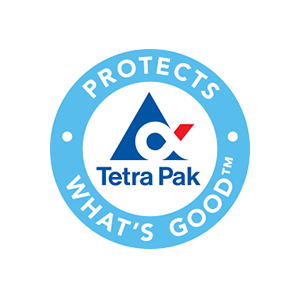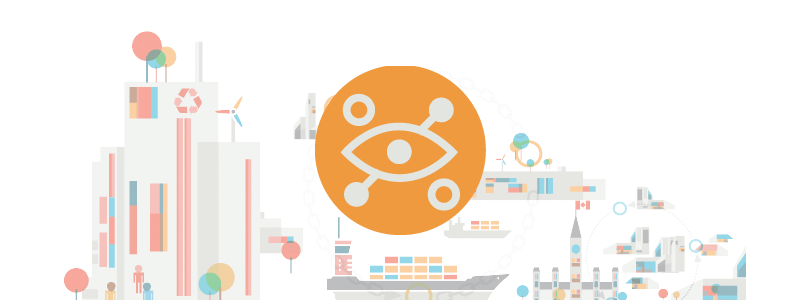 Tetra Pak, a multinational food packaging and processing company of Swedish origin, has sustainability built into its mission and brand, and has adopted long-term visionary goals.
Tetra Pak, a multinational food packaging and processing company of Swedish origin, has sustainability built into its mission and brand, and has adopted long-term visionary goals.
The Tetra Pak brand is founded on a promise to “Protect What’s Good”. The brand is the company’s motto stamp and graphic device, designed to signal a commitment to create value for the business and all its stakeholders. It means they protect food (food safety), people (employees, the communities in which they operate and society as a whole), in addition to the future (health of the environment and success of customers businesses).
Tetra Pak’s Corporate Strategy 2020 is to deliver profitable growth in a sustainable manner. Among the company’s four strategic priorities is “to drive environmental excellence”, putting the environment at the heart of its business agenda. The ten year business plan includes stretch goals to minimize the impact of the company’s operations on the world’s climate, increase the recycling rate and develop new, more sustainable products.
Tetra Pak’s goals include:
Capping Climate Impact – Tetra Pak’s 2020 climate goal is to cap the company’s climate impact at 2010 levels despite business growth. They plan to do this by capping the impact on the climate from raw materials to end-of-life of products. This includes the combined emissions of everything they buy from suppliers, what they produce themselves, how their products are used by customers, and how used beverage cartons are taken care of after consumption.
Global Recycling – The company’s 2020 recycling goal is to double the recycling rate of Tetra Pak’s post-consumer beverage cartons to 40%. This involves tripling the number of recycled cartons to about 100 billion a year by the end of the decade. To reach this target, Tetra Pak is improving the recyclability of products and increasing the rates of recycling at a global level by focusing on raising consumer awareness, sharing knowledge and expertise, facilitating collection infrastructure and supporting recycling technology development.
Package Design – The company’s ultimate goal is to be able to offer a fully renewable carton package for liquid food. Their long-term renewability packaging ambitions include 100% renewable materials (e.g. wood, sugar cane and bio-based caps) and 100% FSC™ – certified paperboard.
Tetra Pak is one of the first companies that I have worked with that has systematically mapped its full value chain climate impact, calculated the associated carbon (Scope 3) emissions using a well-developed calculation method, and set a very ambitious full supply chain climate goal.
(Caspar Noach, Ecofys)

Long-Term Vision
Commit to an ambitious long-term multigenerational sustainability vision that includes bold goals and precautionary approach that takes into account the needs of present and future generations, as well as the natural systems on which they rely.
